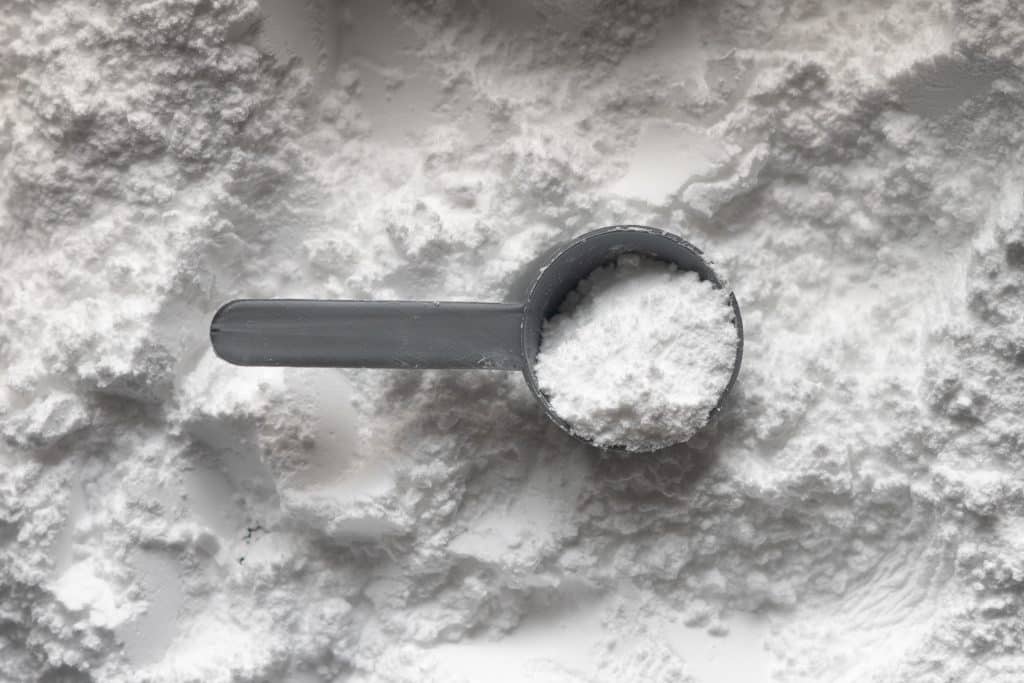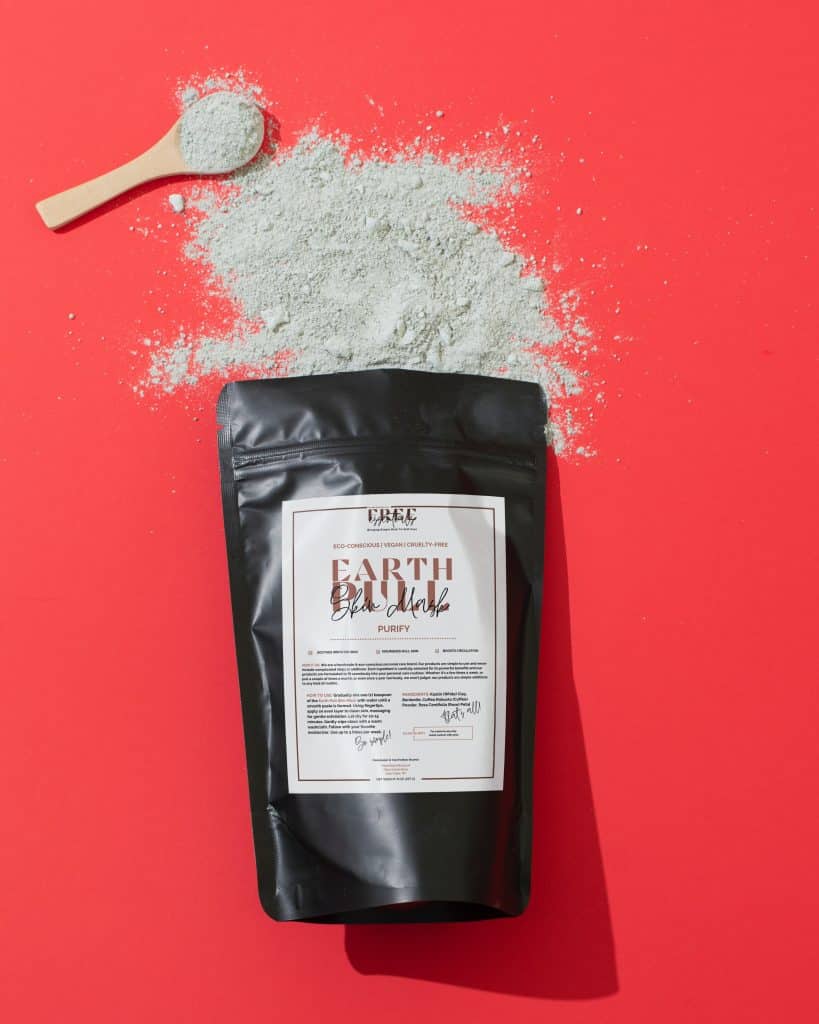UPDATED: May 09, 2023
Whey protein types have gained popularity in recent years as a dietary supplement for athletes, fitness enthusiasts, and health-conscious individuals. With numerous health benefits and high protein content, it's no surprise that these various whey protein forms have become a significant part of the supplement industry.
The Basics of Whey Protein
What is Whey Protein?
Whey protein is a type of protein found in milk and cheese, which is extracted during the cheese-making process. It is a complete protein that contains all nine essential amino acids that the body needs to function properly.
Whey protein has become increasingly popular in recent years due to its numerous health benefits. It is commonly used by athletes and bodybuilders to build muscle mass and improve athletic performance. However, it is also beneficial for individuals who are looking to improve their overall health and wellbeing.
The Importance of Protein in Our Diet
Protein is essential for the growth, repair, and maintenance of our body tissues, including muscles, bones, and organs. It also plays a crucial role in regulating hormones, enzymes, and other bodily functions.
Protein is especially important for individuals who are physically active, as it helps to repair and rebuild muscle tissue that is damaged during exercise. It is also important for individuals who are trying to lose weight, as it helps to keep them feeling full and satisfied, and can prevent overeating.

How is Whey Protein Made?
Whey protein is made by separating the liquid whey from the solid curd during the cheese-making process. The whey is then filtered, purified and concentrated to form whey protein powder. Depending on how the whey is processed, it can either be a concentrate, isolate or hydrolysate.
Whey protein concentrate is the most common form of whey protein and is made by removing most of the fat and lactose from the whey. Protein isolate is a more pure form of whey protein, as it has been further processed to remove almost all of the fat and lactose. Whey protein hydrolysate is a form of whey protein that has been partially broken down, making it easier for the body to absorb and use.
Whey protein can be consumed in a variety of ways, including protein shakes, protein bars, and as an ingredient in baked goods and other foods. It is important to choose a high-quality whey protein powder that is free from additives and artificial sweeteners.
Discover the Top 3 Whey Protein Powders for 2023
Now that you understand the different types of whey protein, check out our top picks for the 3 Best Whey Protein Powders for 2023 here!
Whey Protein Concentrate
Whey protein concentrate is a popular and widely used form of whey protein that is derived from cow's milk. It is a high-quality protein that is rich in essential amino acids and is easily digestible by the body.

Composition and Nutritional Value
Whey protein concentrate typically contains anywhere from 70-80% protein by weight, with the remaining percentage made up of carbohydrates, fats, and other nutrients. It also contains a variety of vitamins and minerals, including calcium, phosphorus, and potassium.
One of the unique features of whey protein concentrate is that it contains a high concentration of branched-chain amino acids (BCAAs), which are essential for building and repairing muscles.
Benefits of Whey Protein Concentrate
Whey protein concentrate has numerous benefits for those looking to improve their overall health and fitness. It is a great source of protein for those looking to increase muscle mass and improve athletic performance. It can also help to support weight loss and improve body composition.
Research has shown that whey protein concentrate may also have immune-boosting properties and can help to reduce inflammation in the body.
Another benefit of whey protein concentrate is that it is a relatively inexpensive option compared to other forms of whey protein, such as whey protein isolate.
Potential Drawbacks
While whey protein concentrate is generally safe for most people, there are some potential drawbacks to consider. One of the main drawbacks is that it may contain lactose, which can cause digestive issues for some individuals who are lactose intolerant.
It is also important to note that whey protein concentrate may contain trace amounts of fat and carbs, which could be an issue for those on a strict diet. Additionally, some people may experience mild side effects such as bloating, gas, or stomach cramps when consuming whey protein concentrate.
Overall, whey protein concentrate is a high-quality protein source that can provide numerous health benefits. However, it is important to consider your individual needs and goals when deciding whether or not to incorporate it into your diet.
Whey Protein Isolate
Whey protein types, such as whey protein isolate, have become popular protein supplements derived from milk. This refined and pure form of whey protein concentrate contains up to 90% protein by weight and is a complete protein, providing all nine essential amino acids the body needs to function properly.
How Isolate Differs from Concentrate
Whey protein isolate undergoes an extra filtration process to remove most of the lactose, fat, and carbs, making it a suitable option for those who are lactose intolerant or on a low-carb diet. This extra filtration process also results in a higher protein content and a lower concentration of other nutrients.
On the other hand, whey protein concentrate is a less processed form of whey protein that contains a lower percentage of protein by weight. It may contain more lactose, fat, and carbs than whey protein isolate, but it is often less expensive and may have a more natural taste and texture.

Advantages of Whey Protein Isolate
Whey protein isolate is a great option for those who are looking for a higher protein content without the added carbs and fat. It is also absorbed more quickly by the body, making it an ideal post-workout supplement for muscle recovery and growth.
Studies have shown that whey protein isolate can help improve muscle protein synthesis, increase muscle mass, and reduce muscle damage and soreness after exercise. It may also help improve overall body composition and promote weight loss when combined with a healthy diet and exercise routine.
Is Isolate Right for You?
While whey protein isolate is a great option for those with lactose intolerance or on a low-carb diet, it is generally more expensive than whey protein concentrate. Additionally, some may find that the more refined and processed nature of whey protein isolate makes it less natural and less appealing compared to other forms of protein.
Ultimately, the decision to use whey protein isolate or another form of protein supplement will depend on your individual needs and preferences. It is important to consult with a healthcare professional or registered dietitian before starting any new supplement regimen.
Overall, whey protein isolate is a high-quality source of protein that can help support muscle growth, recovery, and overall health. Whether you are an athlete, fitness enthusiast, or simply looking to improve your diet, whey protein isolate may be a valuable addition to your routine.
Discover the Top 3 Whey Protein Powders for 2023
Now that you understand the different types of whey protein, check out our top picks for the 3 Best Whey Protein Powders for 2023 here!
Whey Protein Hydrolysate
Whey protein hydrolysate is a highly beneficial form of protein that is created by using a process called hydrolysis. This process breaks down the protein into smaller amino acids and peptides, making it the most easily absorbed and digested form of whey protein available on the market today.
The Hydrolysis Process
The hydrolysis process involves breaking down the protein using enzymes or acids. This process allows the protein to be broken down into smaller molecules, which are easier for the body to absorb and utilize. The resulting hydrolysate is then filtered and purified to remove any impurities and unwanted substances, leaving behind a pure and highly effective form of protein.
Benefits of Hydrolyzed Whey Protein
Hydrolyzed whey protein is quickly absorbed by the body, making it an ideal pre-workout supplement for energy and endurance. It is also beneficial for those who have trouble digesting other forms of protein, such as those with lactose intolerance or digestive issues.
In addition, hydrolyzed whey protein is rich in essential amino acids, which are the building blocks of protein. This makes it an excellent choice for those looking to build and maintain lean muscle mass, as well as those looking to support their overall health and wellness.
When to Choose Hydrolysate
Hydrolyzed whey protein is a great option for those who want a quick and easy source of protein without the added lactose, carbs, and fats. It is also a good choice for those who are looking for a high-quality protein supplement that is easily absorbed and utilized by the body.
However, it is generally more expensive than other forms of whey protein, and its strong taste and texture may not be as palatable as other options. It is important to consider your individual needs and preferences when choosing a protein supplement, and to consult with a healthcare professional if you have any questions or concerns.

Final Thoughts: Deciphering Whey Protein Types for Your Needs
In conclusion, understanding the differences between whey protein concentrate, isolate, and hydrolysate is important when selecting a protein supplement. While each form of whey protein has its pros and cons, they all offer a high-quality source of protein that can aid in muscle growth, repair, and recovery. Whether you opt for concentrate, isolate, or hydrolysate will depend on your nutritional goals, dietary restrictions, and personal preference.
Uncover the Ultimate Low Carb Protein Options for 2023
Searching for the top low-carb protein for girls? Visit Best Stuff for Girls to discover the Best Low Carb Protein 2023 options now!





